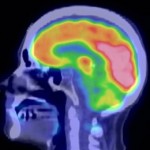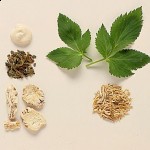This interview will give you some insight into the book "Stop Your Bitching…naturally" The Step By Step Guide to Balancing Your Hormones and Ending PMS & Menstrual Cramps. Evita at Healthytarian.com did a super informative interview with Cathy which covers a great overview of the book. Hope you enjoy it.



